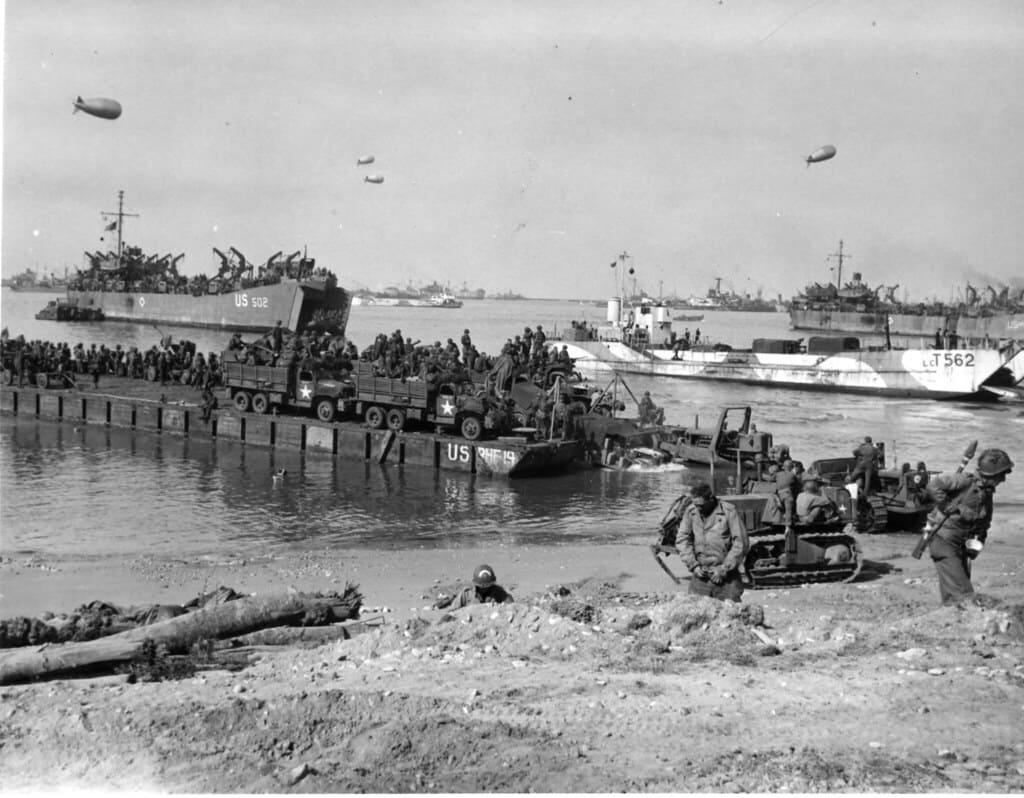Introduction
The Normandy landings on June 6, 1944, are often remembered as a defining moment of World War II—a heroic assault by Allied forces that marked the beginning of the end of Nazi occupation in Europe. However, mainstream narratives tend to focus predominantly on American, British, and Canadian troops, often neglecting the thousands of colonial soldiers who played a critical role in the broader Allied war effort. This blog seeks to illuminate the forgotten contributions of African, Indian, Caribbean, and Southeast Asian troops during the D-Day campaign and the wider Second World War.
Colonial Troops in the Allied Forces
By 1944, the British and French empires had mobilized millions of colonial subjects into their war efforts. These men served as infantry, engineers, medics, and labor corps members. Their contributions spanned multiple theaters—from North Africa and Italy to Southeast Asia and, crucially, in the operations leading to and following D-Day.
French General Charles de Gaulle’s Free French Forces, for example, included large contingents of soldiers from Algeria, Morocco, Senegal, and Chad. The British Army similarly deployed troops from India, Nigeria, Ghana, and Jamaica in support roles that proved vital to the invasion’s logistics.
African Soldiers and the French Army
The **Tirailleurs Sénégalais**, West African infantry recruited by the French, were instrumental in the liberation of Southern France following the Normandy landings. While they may not have stormed the beaches of Normandy, they were deployed shortly afterward in Operation Dragoon (August 1944), contributing significantly to the push northward toward Germany.
These soldiers endured grueling conditions, suffered high casualty rates, and were often denied equal treatment and recognition. Many faced racial discrimination, unequal pay, and limited access to military honors.
Indian and Caribbean Contributions
Indian soldiers primarily served in Southeast Asia, Italy, and the Middle East, but their logistical and medical units supported Allied operations in Europe as well. The **Royal Indian Army Service Corps** and medical detachments worked behind the scenes, ensuring that frontline troops had the supplies and care needed for sustained operations.
Troops from the **Caribbean**, especially Jamaica, Trinidad, and Barbados, were also enlisted in British regiments. Many served in construction, engineering, and communications units. While not on the beaches of Normandy, their labor was crucial for building roads, bridges, and airfields in the days following the landings.
Roles Beyond the Battlefield
Colonial troops were indispensable not just in combat roles but also in auxiliary and support positions. They loaded ships, transported munitions, constructed camps, and cared for the wounded. The presence of these soldiers ensured the efficiency and sustainability of Allied operations across Western Europe.
Yet these contributions were often overlooked, and colonial troops were frequently segregated from their European counterparts, reinforcing racial hierarchies even within the ranks of supposed liberators.
Post-War Marginalization
Despite their sacrifices, colonial soldiers were systematically marginalized after the war. In France, the demobilization of African troops was marked by the infamous **Thiaroye Massacre** (1944), where dozens of Senegalese veterans were killed for demanding equal pay. In Britain, many Caribbean veterans returned to colonial societies with limited recognition and inadequate support.
Memorials, pensions, and citizenship rights were often withheld, reinforcing a postcolonial silence around their wartime roles. Only in recent decades have governments begun to formally acknowledge and commemorate their contributions.
Rewriting the Narrative
Recent scholarship, films, and museum exhibitions are challenging the Eurocentric portrayal of WWII. Projects like the **Commonwealth War Graves Commission**, documentaries such as *Les Tirailleurs oubliés*, and public campaigns across Europe are working to restore these hidden histories to the public consciousness.
Educators and historians argue that a fuller understanding of D-Day and WWII must include the diverse faces of the Allied forces. This ensures not only historical accuracy but also global inclusivity.
Conclusion
The story of D-Day is not solely a tale of Western heroism. It is also a story of colonial soldiers—often anonymous, frequently forgotten—whose courage and labor were essential to the Allied victory. By honoring their memory, we enrich our understanding of history and reaffirm a commitment to justice and recognition for all who fought for freedom.
References
– Echenberg, M. (1991). *Colonial Conscripts: The Tirailleurs Sénégalais in French West Africa, 1857–1960*. Heinemann.
– Jackson, A. (2006). *The British Empire and the Second World War*. Hambledon Continuum.
– Commonwealth War Graves Commission. https://www.cwgc.org/
– France24. (2019). ‘France’s forgotten African soldiers of WWII remembered.’

